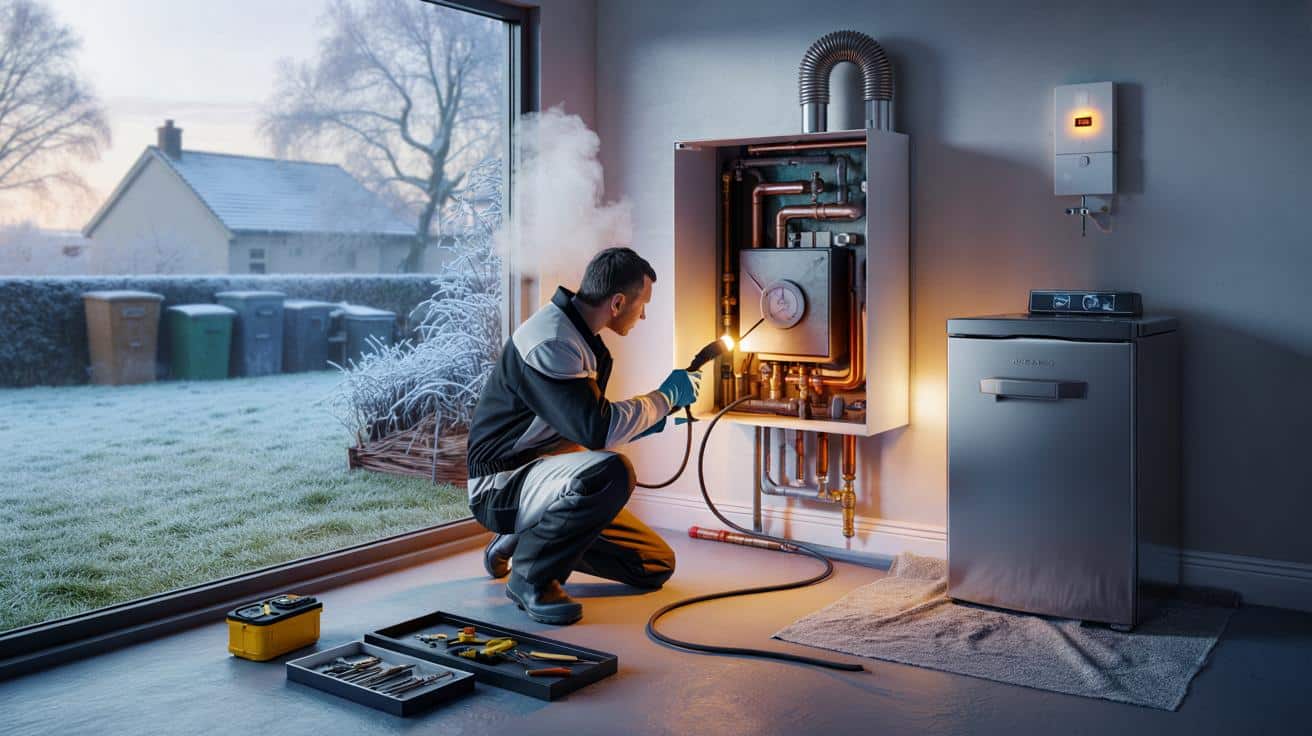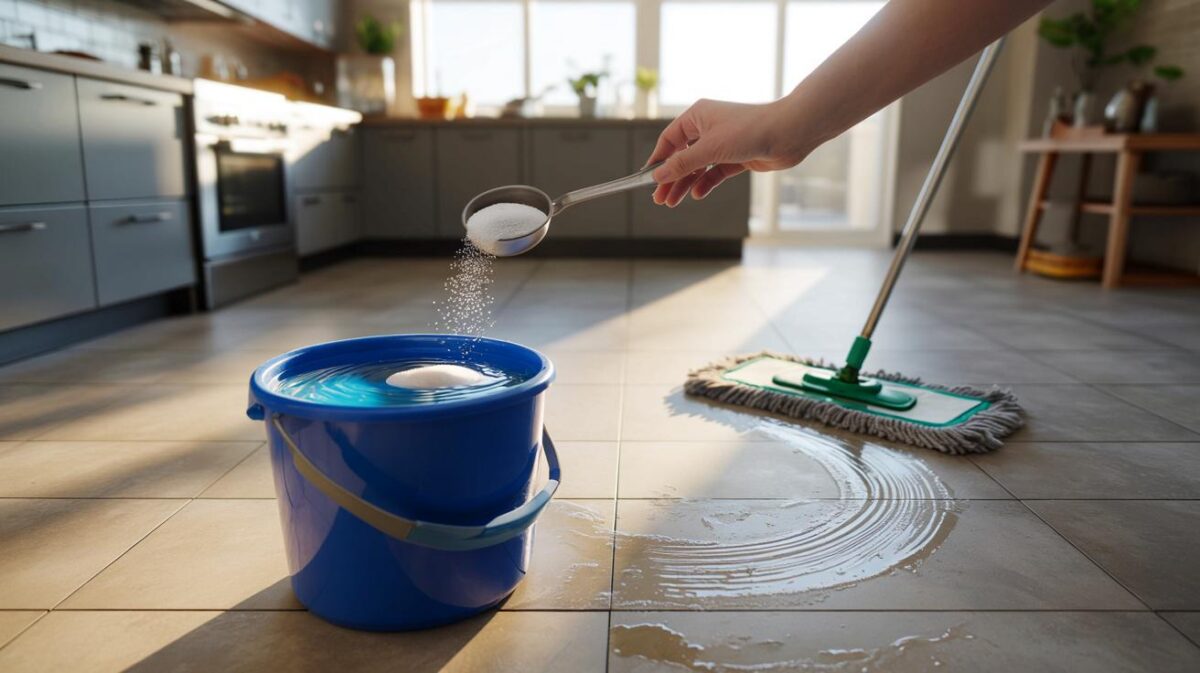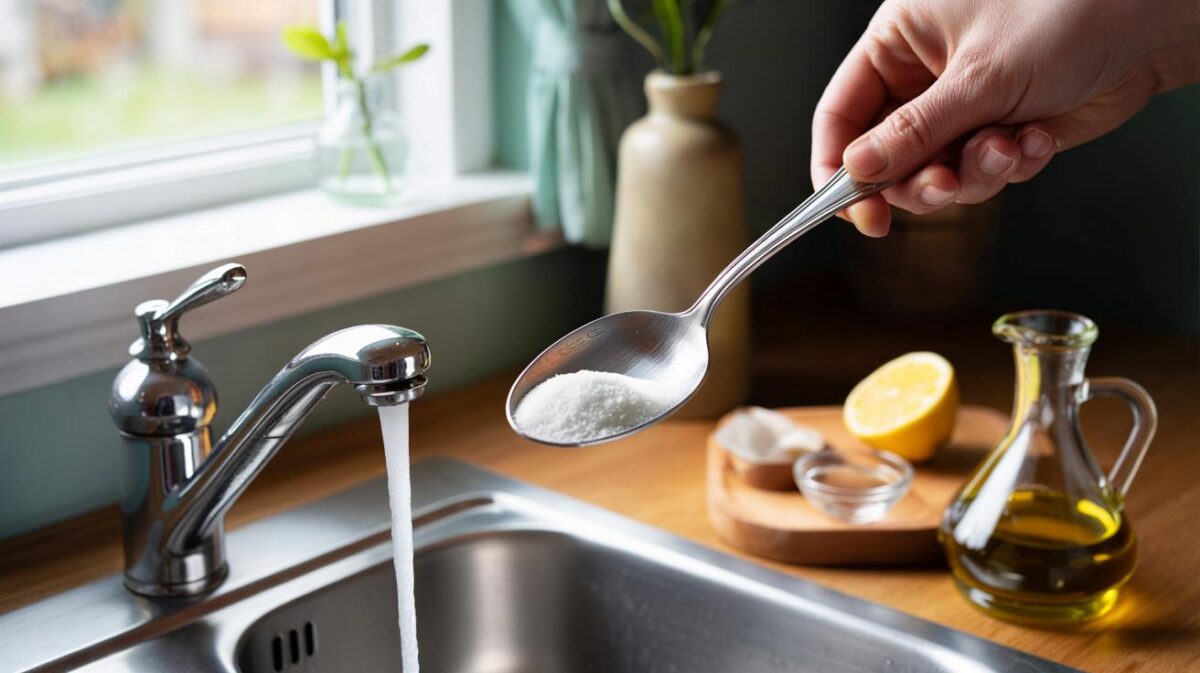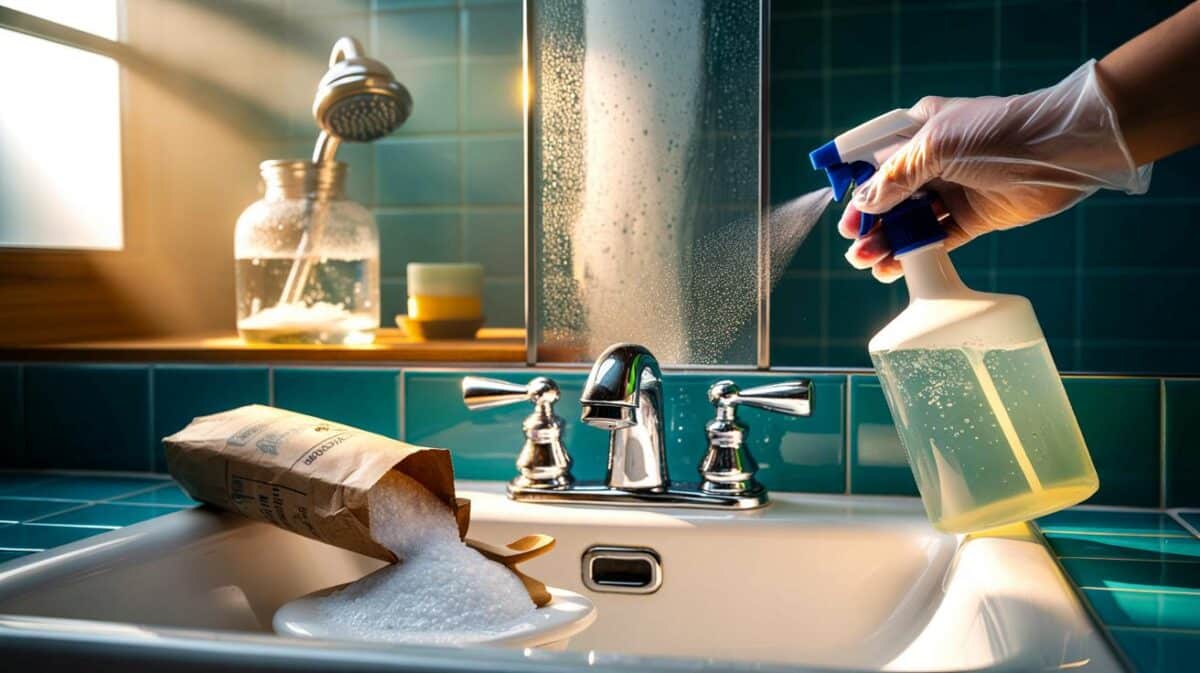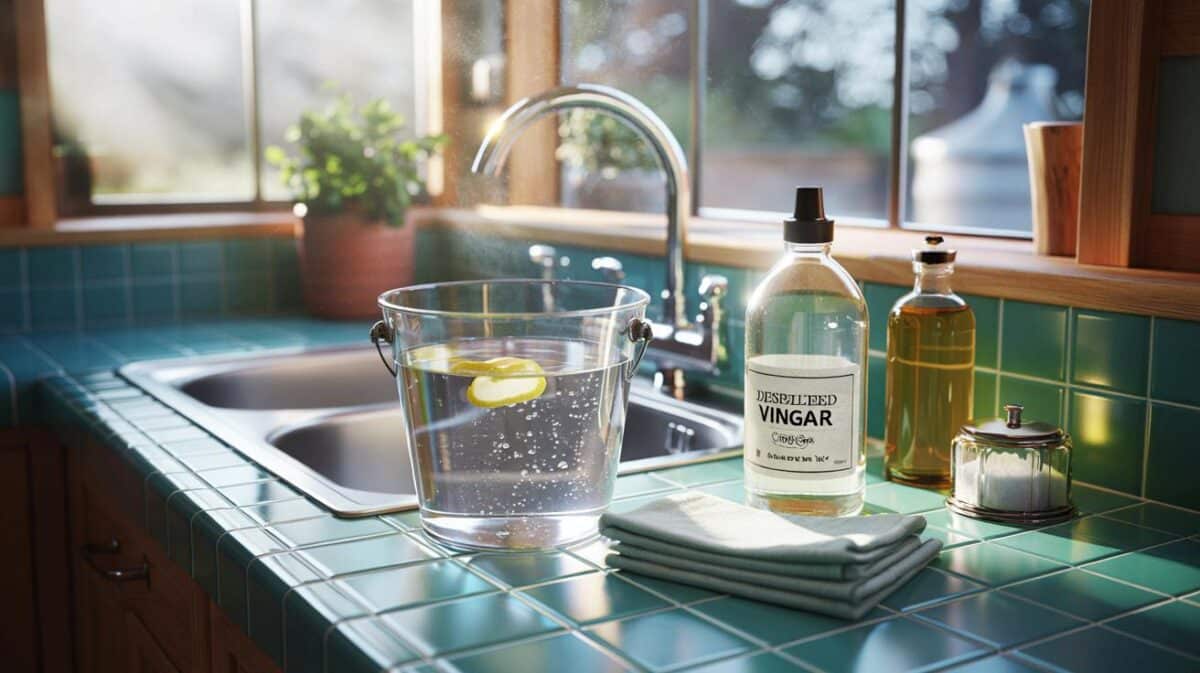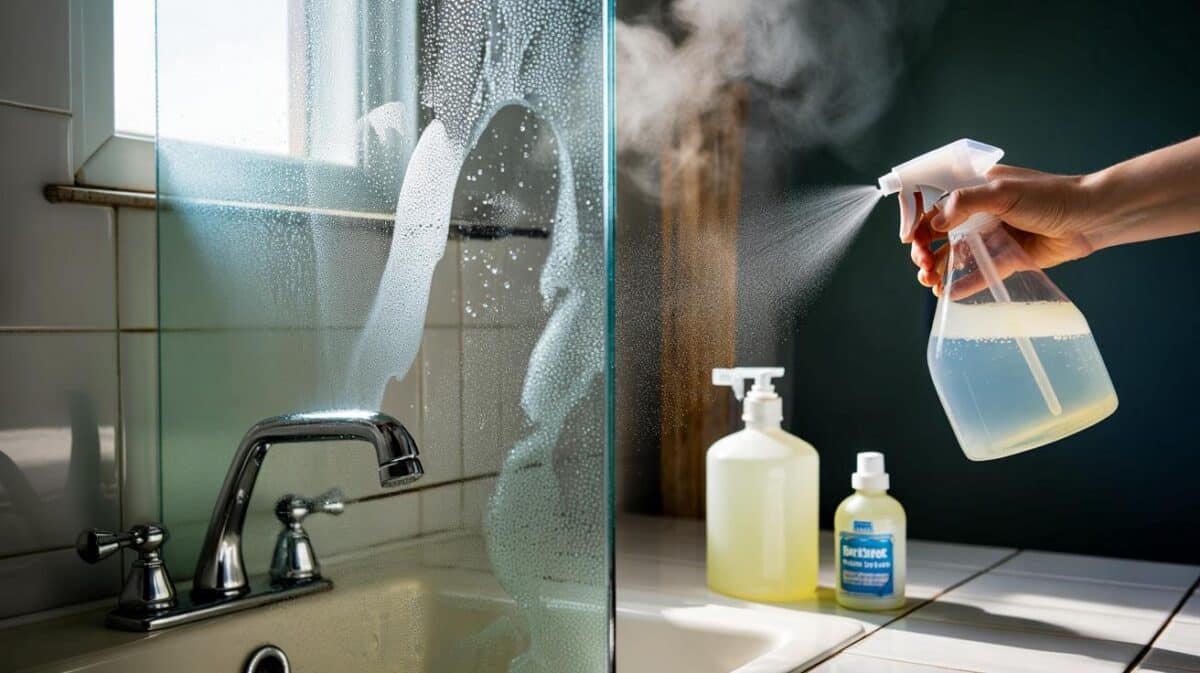One minute your street smells faintly of wet leaves, the next the bins glitter white and your breath hangs like smoke. Kettles work a little harder. Boilers clear their throats. We’ve all had that moment when a click should bring heat, and nothing happens. Phones light up, engineers run late, and the dog looks at you like you’ve broken winter. A neighbour in a dressing gown thumps a radiator and whispers a prayer to the thermostat gods. Meanwhile, call-out fees spike and any spare fan heater in the house suddenly becomes royalty. You could wait for luck. Or you book the fix before the freeze lands. Winter doesn’t break things; it exposes them.
The cold-snap crunch: why appliances fail when temperatures dive
Cold stresses the weak points you’ve been living with happily for months. That tiny drip on the filling loop? It turns into a pressure drop when the mercury sinks. Door seals that were fine in October stiffen overnight, so the fridge runs hotter and longer. A boiler that tolerated a bit of sludge in the system now struggles to push heat through sluggish radiators. And that thin plastic condensate pipe outside? The first icy morning turns it into a plug. Suddenly your home is held hostage by physics and last year’s dust.
I still remember a first-freeze morning in Leeds where three houses on the same terrace lost heat within an hour. One boiler had a **frozen condensate pipe** and locked out. The next had a pump choked by rust flakes. The third was perfectly fine—until the room stat died because the battery was flat. Not dramatic stories, just everyday faults finally given a stage. The owners weren’t careless. They were busy. The timing was cruel. Repairs got done days later, but only after cold dinners, borrowed duvets, and a queue that snaked down the engineer’s voicemail.
Booking servicing *before the first freeze* flips that script. Warm weather lets engineers run systems under less strain, spot leaks without them hiding under frost, and order parts while stock is sane. You get slots at civilised hours, not midnight emergencies. More to the point, a test run in calm conditions reveals the subtle signs—the lazy ignition, the sticky fan, the silent drift in pressure—that winter will magnify. Think of it as moving your failure date forward, to a day when someone can actually help.
What to do now: a pre-freeze servicing checklist that actually works
Start with heat. Book a boiler service and ask for a combustion check, system pressure check, and a look at the expansion vessel. Run every radiator until it’s hot, then bleed the cold tops and top up to the right bar. Clip and lag any outdoor condensate pipe, and clear the termination point. Press the test button on your carbon monoxide alarm. While you’re at it, pull your fridge-freezer forward, brush the coils, and check the door seal with a banknote pinch test. Ten quiet minutes now beats a night in three jumpers.
Next, think water. Insulate exposed pipes in the loft, garage, and garden. Drain and isolate outdoor taps. Run a hot wash on the washing machine’s drum-clean programme to shift detergent gunk that hardens in the cold. Empty the tumble dryer filter, then the hidden condenser or vent path where lint lurks. Test your extractor fans—they guard against damp that loves cold corners. Let’s be honest: nobody does that every day. Do it once this month, and winter has fewer cards to play.
People often wait for “a sign.” The sign usually arrives at 6am with a **no-heat panic**. The quieter mistakes are simple: forgetting thermostat batteries, ignoring a gentle rattle, skipping a service “just this year.” Some even risk a **voided warranty** by using unapproved parts in a rush. Be kind to yourself. Life is busy. But move the decision upstream and your future self will thank you.
“First frost mornings are déjà vu,” a veteran engineer told me. “Same streets, same faults, same avoidable tears. The customers who booked in October? I never hear from them on the day it hits.”
- Run every heating zone for 15 minutes this week and listen for clicks, knocks, or lazy starts.
- Charge or replace thermostat and sensor batteries before they die in the cold.
- Lag 1–1.5m of any outdoor condensate pipe and clear its outlet of leaves and sludge.
- Vacuum fridge coils and check door seals so it doesn’t overwork when kitchens cool.
- Test CO alarms and keep one in any room with a fuel-burning appliance.
Think ahead, breathe easier
There’s a reason pilots run checklists before a storm. You can’t control the weather, only your readiness to meet it. A pre-freeze service is not a luxury; it’s a calm, boring hour that stops a loud, expensive night. It buys you quiet radiators, hot water on a dark morning, a freezer that keeps its promise. On some streets you can feel the household temperament change once the first frost hits—tension climbs, thermostats twitch. Move first and your home keeps its hush. Book the visit, do the simple checks, tell a neighbour. Small acts, big warmth.
| Key points | Detail | Reader Interest |
|---|---|---|
| Book before the freeze | Easier scheduling, calmer diagnostics, fewer emergency premiums | Saves money, avoids queues, reduces stress on cold mornings |
| Tackle weak links | Lag condensate pipes, bleed radiators, clean coils, test alarms | Fast wins you can do today, visible results, safer home |
| Shift the failure date | Find hidden faults while parts and people are available | Prevents breakdowns at the worst possible moment |
FAQ :
- What appliances actually need pre-freeze attention?Boilers and heat pumps top the list, followed by fridge-freezers, washing machines, tumble dryers, and extractor fans. Anything handling water or air under strain is vulnerable when temperatures drop.
- Is a boiler service really worth it if it seemed fine last year?Yes. Small issues like low pressure, tired electrodes, or a sluggish fan often sit quietly until the first cold snap demands full output. A quick service pulls those threads before they snap.
- How do I know if my condensate pipe will freeze?If any section runs outside in thin plastic without insulation, it’s at risk. Shorten the exposed run where possible, lag it, and make sure the outlet isn’t clogged with leaves or sludge.
- Can I do anything for my fridge-freezer beyond cleaning?Check the door seal with a paper test, keep it two-thirds full for thermal stability, and give it space from the wall for airflow. If you hear constant cycling, it’s a servicing cue.
- What if I rent—should I still book servicing?Flag maintenance to your landlord now, in writing, and keep a copy. If you’re allowed to book, share dates and receipts. You don’t want to discover policy fine print at 5am on the first frost.
